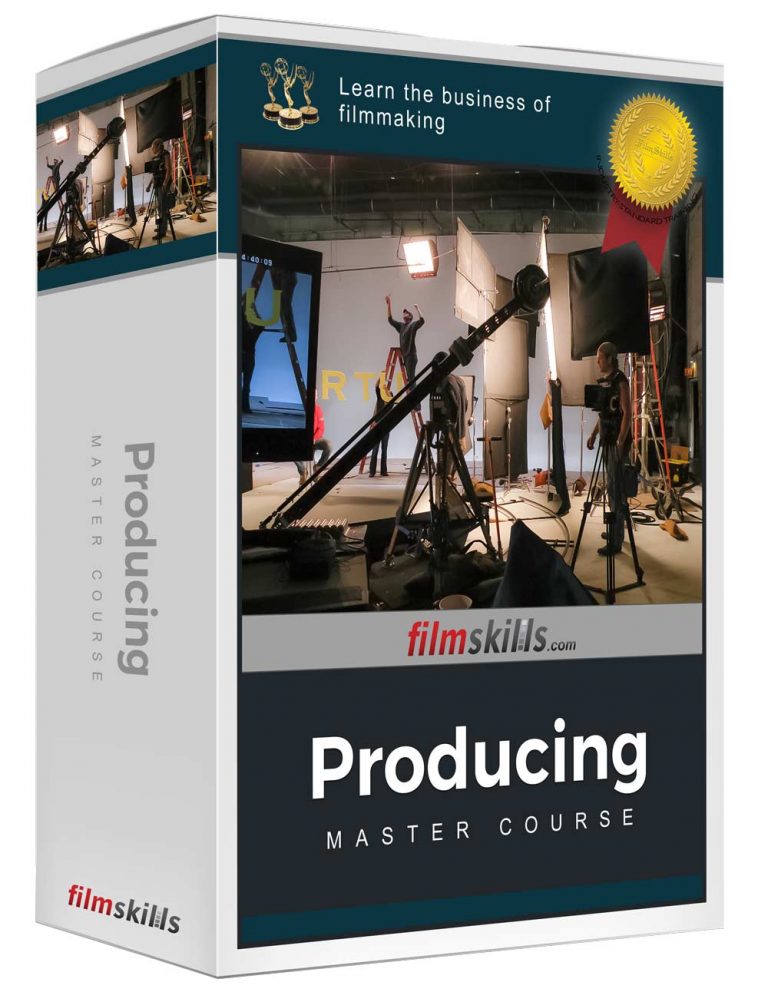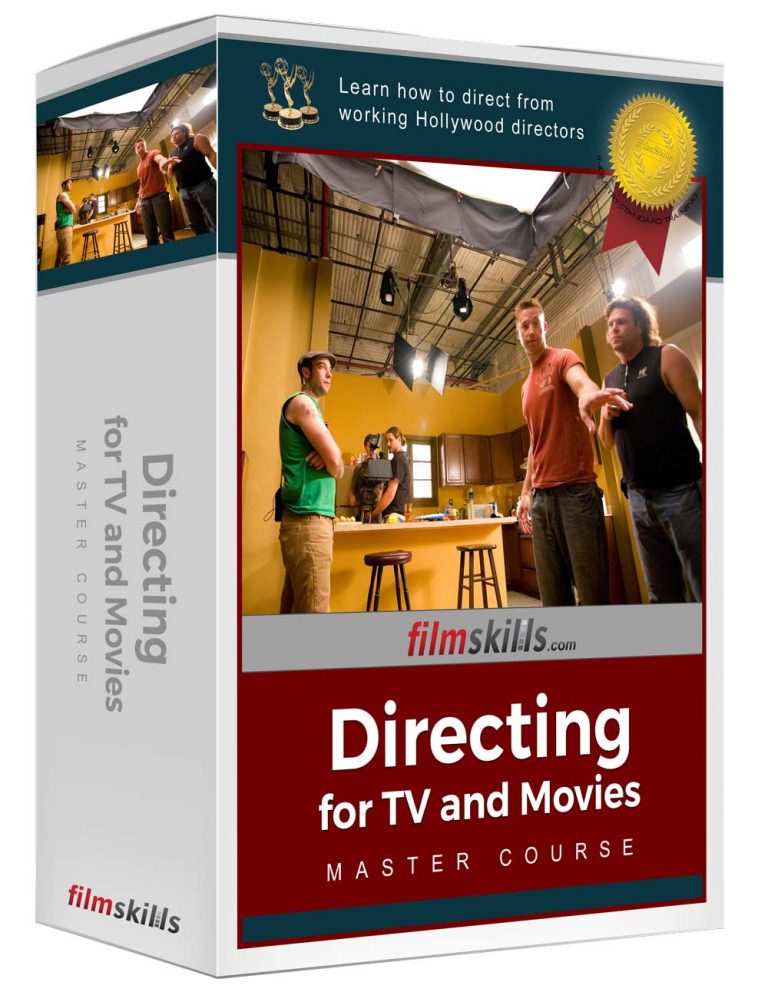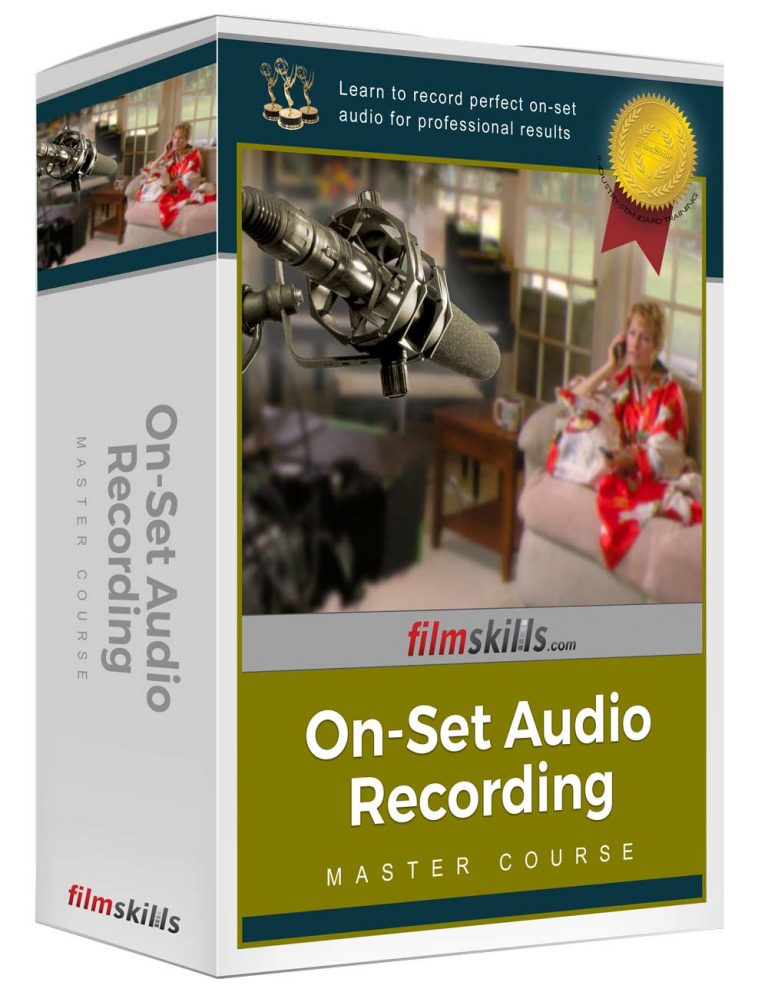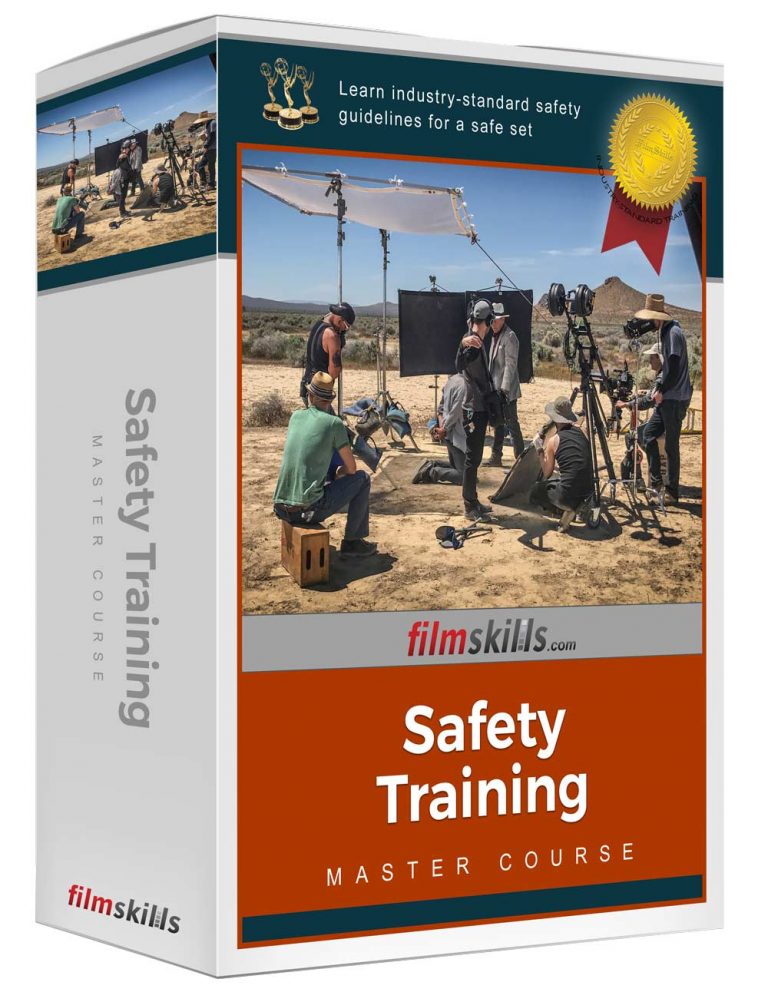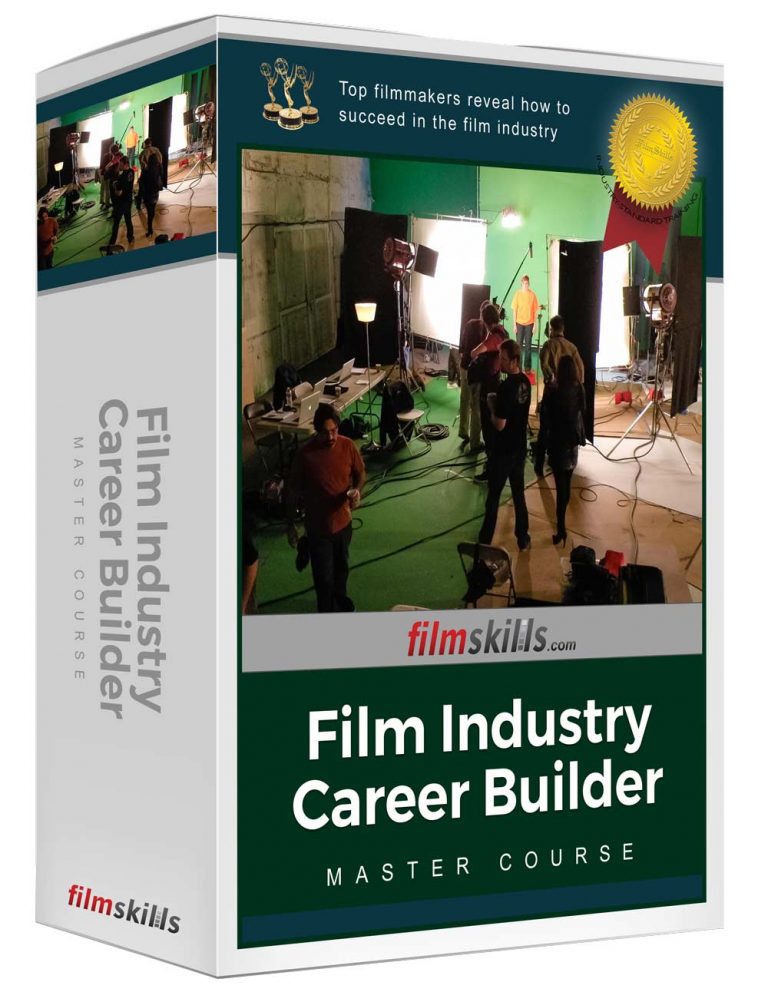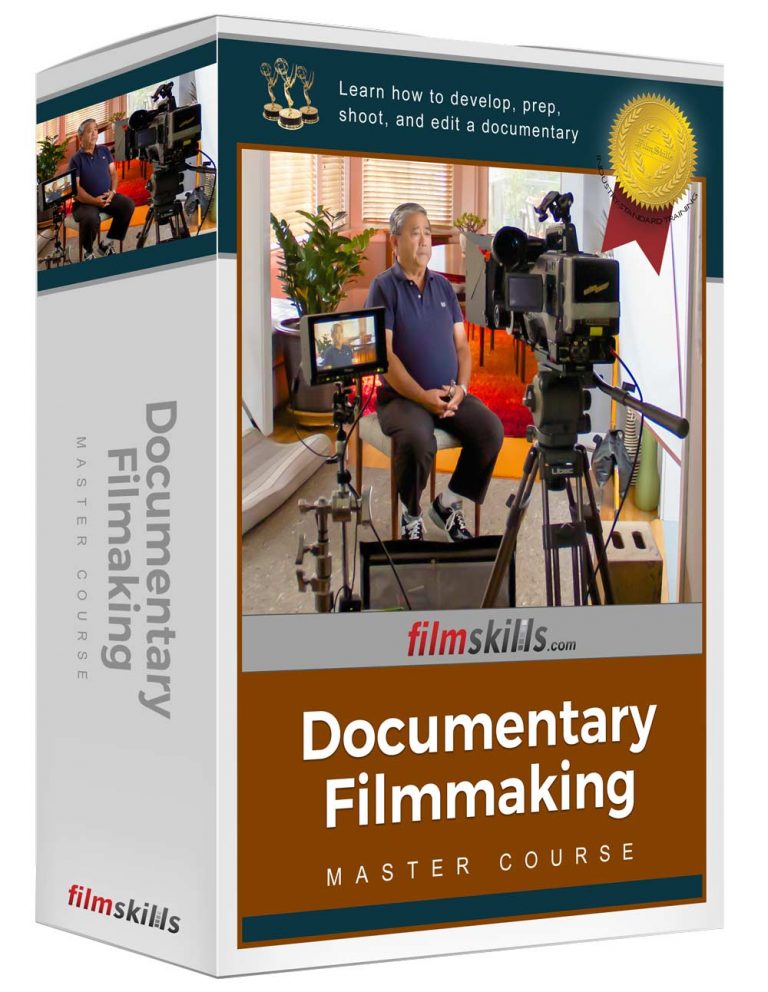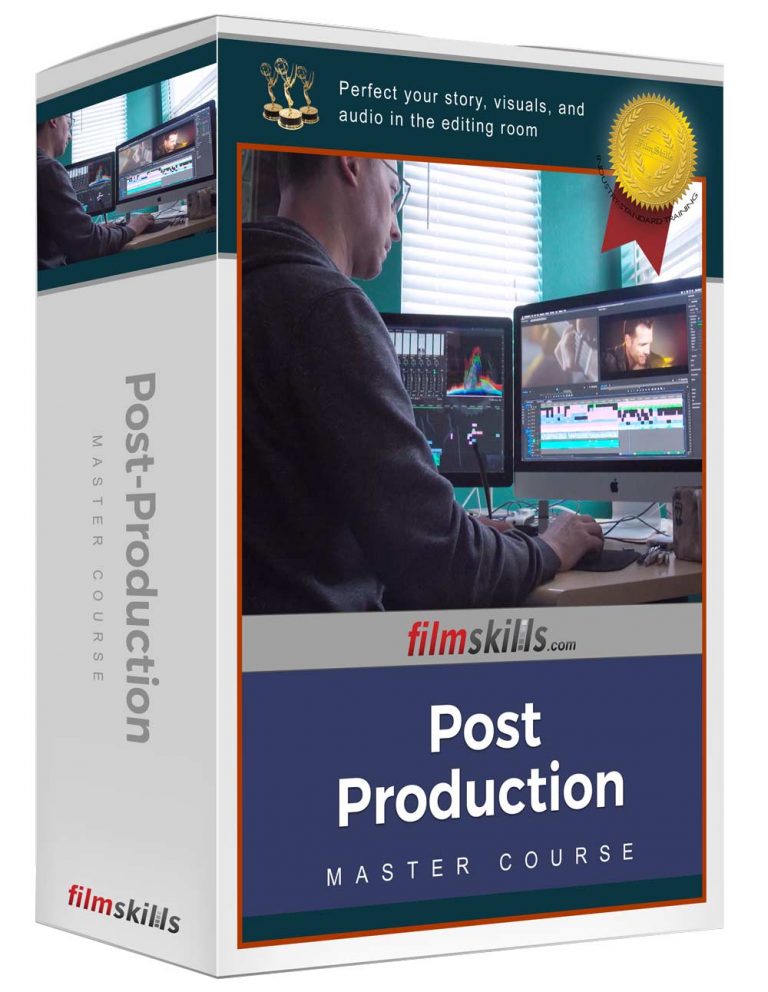You want to write a movie script but where do you start? One of the most important foundational decisions is the idea. Driven by the genre, story type, length of the movie, and whether you want to create this movie for art sake or to sell, finding an original idea, is the first step. But where do you start, and how can you overcome writers block to find a compelling idea that not only interests your audience but keeps you engaged throughout the months it will take to write? Read our tips for writing a low budget screenplay.
Getting Movie Ideas from Personal Experiences
Your own life and experiences can be a great source of inspiration, because you lived them. You know how these past events made you feel, how they created conflict, and how the people in your life reacted to the events. Writing a story from your own experience is an example of writing inside out – you can take your thoughts and feelings in those moments and shape them into convincing moments on screen.
- Reflect on your own life: Take some time to think about your own experiences and stories. What moments have had a significant impact on your life? What are the stories you find yourself telling over and over again? What events do you constantly think about? What events triggered a strong emotional reaction in the moment?
- Identify the universal themes: As you reflect on your own experiences, try to identify the universal themes that resonate with you. These could be themes like love, loss, redemption, or overcoming adversity. These themes can help to give your story a sense of universal appeal. One of the reasons avatar has been an international success is that the themes it addresses are universal, spanning culture, age, and language. The central core of James Cameron’s Avatar films revolve around family and maintaining the strong bond in the face of an adversary that threatens the family, structure, and environment. This is an intensely relatable theme that every human, anywhere in the world can relate to.
- Change the specifics: While you can draw on your own experiences for inspiration, it’s important to remember that you’ll need to change the specifics to make the story work as a screenplay. This might mean changing the names of people and places, or altering the timeline of events.
- Use your personal experiences as a jumping-off point: Your personal experiences can be a great starting point for your screenplay, but don’t be afraid to take creative liberties and go beyond your own experiences as you develop the story.
- Don’t be afraid to fictionalize: It’s okay to fictionalize your own experiences or combine them with other experiences to create a more compelling story. The important thing is to be honest and true to the emotions and themes of your experiences.
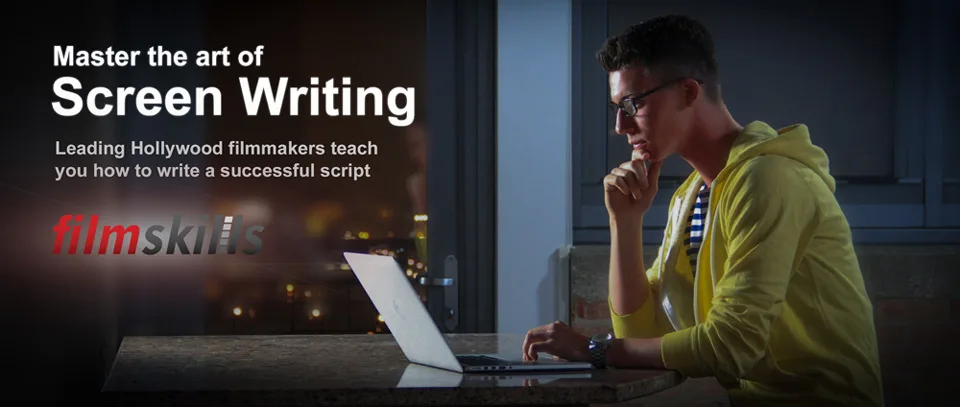
Finding Movie Ideas in Literary Sources
Reading can be a great way to find ideas for a movie script. Look for books, articles, and news stories that catch your attention, and see if any of them could be adapted into a movie.
- Read widely: The more you read, the more likely you are to come across ideas that could be adapted into a movie. Try reading books and articles in a variety of genres, and pay attention to stories that catch your attention.
- Keep an eye on the news: News stories can be a great source of inspiration for movie ideas. Look for stories that have strong characters, compelling plotlines, and universal themes.
- Look for adaptations: Many movies are based on books, articles, or news stories. Look for stories that have already been adapted and see if there are any elements that you could use in your own adaptation.
- Use online resources: There are many websites and databases that can help you find books, articles, and news stories that might be good candidates for adaptation. For example, the Internet Movie Database (IMDb) has a list of movies based on true stories, and the Black List is a database of screenplays that are looking for producers.
- Consider working with a literary agent: If you’re having trouble finding ideas on your own, you might consider working with a literary agent. A literary agent can help you find books, articles, and news stories that might be suitable for adaptation and represent you in negotiations with production companies.
Generating Ideas from Online Writing Prompts
Online writing prompts are a great way to get started on a screenplay if you’re feeling stuck or uninspired. Here are a few steps you can follow to use online writing prompts to write a screenplay:
- Find a prompt: There are many websites and forums that offer writing prompts specifically for screenplays. You can also find prompts for other types of writing, such as short stories or novels, and adapt them to suit your needs.
- Read the prompt carefully: Make sure you understand the requirements of the prompt and what is expected of you. Some prompts may be more open-ended, while others may be more specific.
- Use the prompt as a starting point: The prompt should be a jumping-off point for your screenplay, not the entire story. Use the prompt as a way to get started and then let your creativity take over.
- Write a treatment: Once you have an idea for your screenplay, write a treatment. A treatment is a detailed summary of your movie idea, including the characters, plot, and theme. It should be about 5-10 pages long and give a clear overview of what your movie would be about.
- Develop the treatment into a full-length screenplay: Once you have a treatment, you can start expanding it into a full-length screenplay. This will involve fleshing out the characters, plot, and dialogue and formatting the script according to industry standards.
Read some tips on how to get off your ass and start writing your screenplay.
Collaboration
There are several ways you can find a writing partner:
- Join a writing group: Many cities have writing groups that meet regularly to workshop ideas and offer support and feedback. You can search online or ask at local libraries or bookstores to find writing groups in your area.
- Attend writing conferences or workshops: Writing conferences and workshops can be a great place to meet other writers and find potential writing partners. These events often have networking opportunities, and you can also look for writers who have similar interests or goals.
- Use online resources: There are many online resources that can help you find a writing partner. For example, you can join online writing communities or use websites like Reedsy to find writers who are looking for collaboration opportunities.
- Ask friends or colleagues: If you know other writers, you might ask if they’re interested in working with you. You might also consider asking colleagues or classmates if they’re interested in collaborating on a writing project.
- Consider hiring a writing coach or mentor: A writing coach or mentor can help you develop your skills and find a writing partner. Many coaches and mentors have networks of other writers and can help you find a good match for your needs.
Read more tips on how to find a writing partner and keep your sanity.
Writers Guild of America West’s Writers Access allows you to search for writers by location, genre, and experience level.
The Black List is a website that allows writers to upload their scripts and connect with industry professionals. It also has a feature that allows writers to search for potential writing partners.
Stage 32 is a social network for the film, television, and theater industry. It has a feature that allows you to search for writers and connect with them.
InkTip is a website that connects writers with industry professionals, including producers and agents. It has a feature that allows writers to search for potential writing partners.
SimplyScripts is a website that allows writers to upload their scripts and connect with other writers. It also has a feature that allows writers to search for potential writing partners.
Most importantly, find an idea that truly excites you. You will be living with this idea for months, if not years as you write and produce your movie. Make sure it’s an idea you love.





